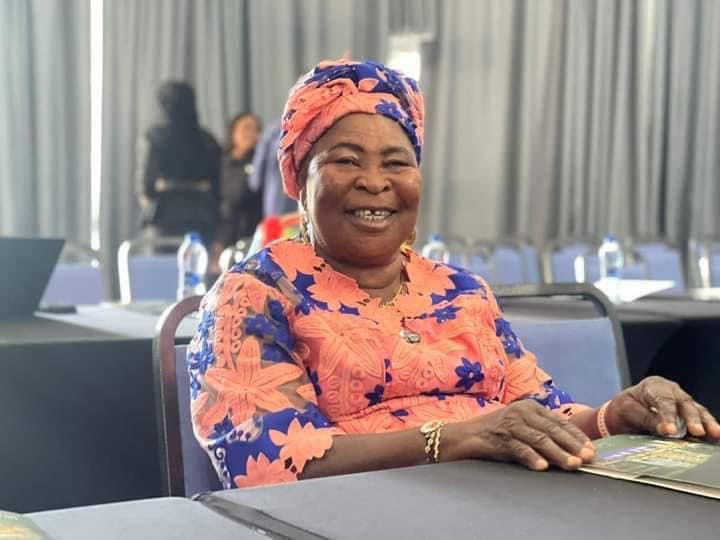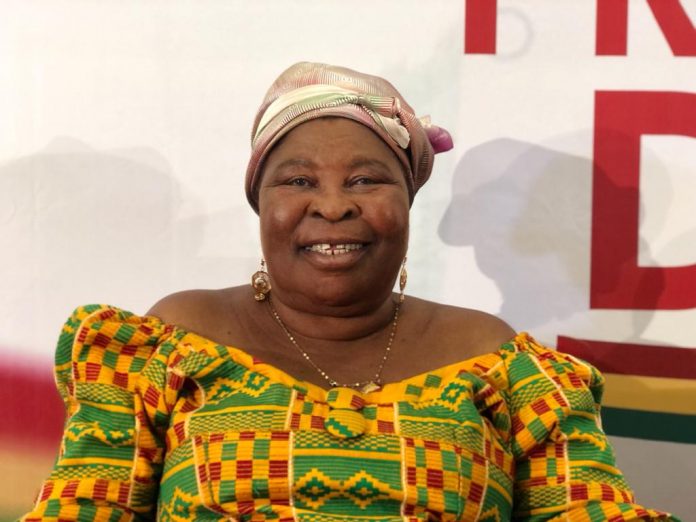Akua Donkor emerged as a significant figure in the political scene as the founder of the Ghana Freedom Party (GFP). She passed away on Monday, October 28, 2024, at Ridge Hospital following a brief illness.
Here are a few things you might not know about her, beyond her outspoken personality and funny take on politics:
From Farmer to Politician
Born in February 1952 in Afigya Kwabre, Ashanti Region, Akua Donkor was a cocoa farmer and trader before entering politics. She started her political journey by becoming the Assemblywoman for Heman, which led her to want to run for president.
In 2012, she tried to run as an independent candidate but was disqualified. Later, she started the GFP to speak for the poor and those without a voice.
In 2016, she was disqualified again after her party’s office in Kabu, Eastern Region, was burned down.
In 2024, she successfully passed the vetting process and was listed as the third candidate on the presidential ballot.

READ ALSO: Akua Donkor Was Diagnosed With Respiratory Issues Before Her Demise – Adakabre
As a farmer, she often spoke out about the lack of support for farmers, such as funding and resources. She promised to provide land to help improve farming in Ghana.
Views on LGBTQ+ Issues
Like many others in Ghana, Akua Donkor was clear about her opposition to LGBTQI+ activities, calling for quick action on related laws.
She believed these practices go against Ghanaian values and should not be accepted.
Advocating for Women’s Rights
Madam Donkor was a strong advocate for the rights of young people, farmers, and especially women in politics. She promised that if she became Ghana’s president, she would extend maternity leave for women from three months to a year.
She believed this would give new mothers enough time to take care of themselves before going back to work.
She was also concerned about the difficulties women entrepreneurs face when trying to get loans for their businesses. To help, she announced plans to provide easier loans for them.
A Unique Political Legacy
Her passing marks the end of a special time in Ghana’s political history.
She proposed a free zone at the port of Tema and emphasised refining the country’s own resources, especially oil. Inspired by Muammar Gaddafi, she believed Ghana should align more with northern African nations and advocated for electing the first female president, highlighting the transformative power of women.



